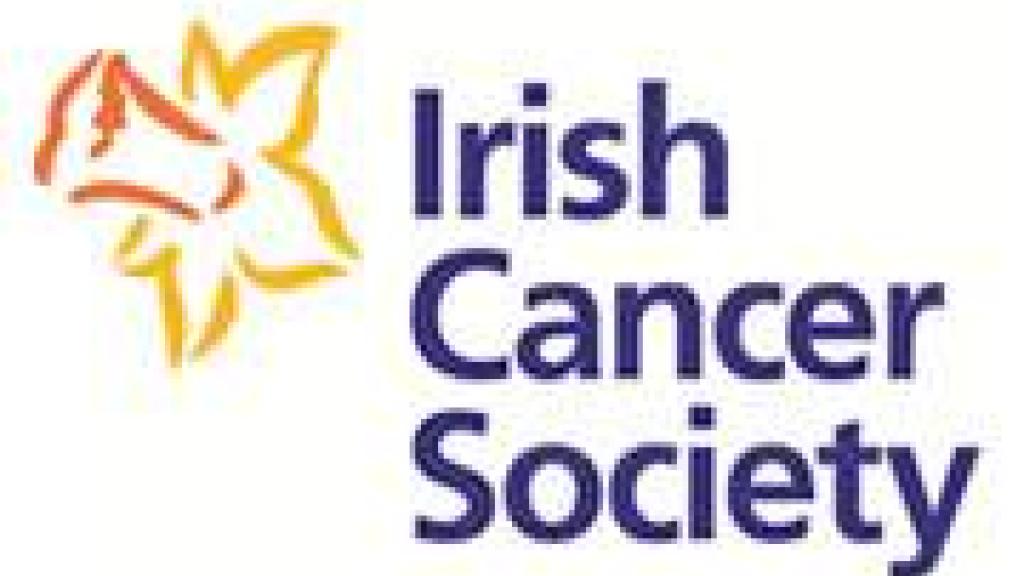
Irish Cancer Society expresses concern at cancer patients’ distress over medical cards
- HSE’s discretionary medical card policies hitting cancer patients hard
- 12% increase in financial aid applications to the Irish Cancer Society in the first quarter of this year Monday 19th May 2014;
The Irish Cancer Society is concerned that many cancer patients are suffering distress and financial hardship as a result of losing their discretionary medical cards or being refused discretionary medical cards. The Society is calling on the HSE to ensure cancer patients undergoing treatment are given medical cards without delay.
The Irish Cancer Society has seen a 12% increase in financial aid applications in the first quarter of this year compared to last year. There was a 5% increase in applications from 2012 to 2013. Additionally, 18% (1,332) of all enquiries to our Daffodil Centres related to financial issues in 2013.
Kathleen O’Meara, Head of Advocacy and Communications said: “From our National Cancer Helpline and through our Daffodil Centres we are hearing from many cancer patients who are losing their discretionary medical card after a review or who are being refused in the first instance. We have written to the Primary Care Reimbursement Service (PCRS) of the HSE requesting an urgent meeting to discuss the issues arising for cancer patients applying for medical cards or being reviewed.
“It has become increasingly difficult for cancer patients to get a discretionary medical card. According to the HSE’s own National Assessment Guidelines, the patients we are talking to should, and would have in the past, been entitled to a discretionary medical card but they are not getting one now. The government is consistently denying that there is a policy to cut discretionary medical cards but what we are hearing from patients paints a different picture.” said Ms. O’Meara.
The HSE’s Guidelines say: “If a person, applying for a medical Card, has an income in excess of the relevant guidelines, the HSE must consider if refusing eligibility would result in undue hardship to that person and his/her dependents”.
Examples of the people that have contacted the National Cancer Helpline include:
- A relative of a cancer patient looking for advice on their medical card application. They have contacted the HSE medical card department 18 times about the medical card. They are currently receiving debt collector letters regarding a hospital charge of €750
- A 72 year old bowel cancer survivor who received a letter from the HSE reviewing his medical card. He needs the medical card to obtain his colostomy bags monthly and is distressed about this. • An 80 year old lady fearful that her medical card will be taken from her. She has metastatic breast cancer.
- A young lady with breast cancer and small children, struggling to pay childcare, her mortgage, hospital charges and drug payments. She has been refused a medical card
- A woman with breast cancer who has lost her medical card and received a GP visiting card instead. Her and her husband work part-time earing a total of €651 per week, and she doesn’t earn any money during school holidays. They have two children. She is due to undergo reconstruction surgery this summer and she cannot afford her medication and the prescription charges
- A lady with secondary breast cancer had her medical card was revoked and is in treatment currently. She is having trouble paying for her medications since her card was taken.
The Irish Cancer Society is deeply concerned about other problems that are emerging for seriously ill patients within the discretionary medical card system. In order for some to qualify for a medical card, their doctor must sign them off as having a terminal diagnosis. This is an extremely distressing scenario for both the patient and their doctor and it raises serious emotional issues as in some cases, the patient may not be aware of how gravely ill they are.
“We know of incidences where patients who are terminal have been granted the card on a six month time limit and in the final weeks or months of their lives their card is then reviewed when the six month limit is up. They then have to reapply which entails resubmitting all of their financial information,” said Ms O’Meara.
“This causes huge distress and uncertainty at a very difficult stage in someone’s life and we are asking that this time limit be extended or abolished.”
Additionally, it is particularly hard for self-employed patients to get a card. This can leave them in a situation where they are not working, have no income protection and are receiving no financial assistance from the state.
A diagnosis of cancer can be financially and emotionally stressful. Patients undergoing treatment often need to have frequent GP visits and have costs such as drug and prescription charges, hospital charges, prosthetics, and wigs.
The financial burden facing cancer patients is reflected in the increased demand on the Financial Aid fund operated by the Irish Cancer Society which last year provided over €1 million in aid to patients and their families. People who have any concerns about medical cards or financial assistance can call the Irish Cancer Society’s National Cancer Helpline on Freefone 1800 200 700.
